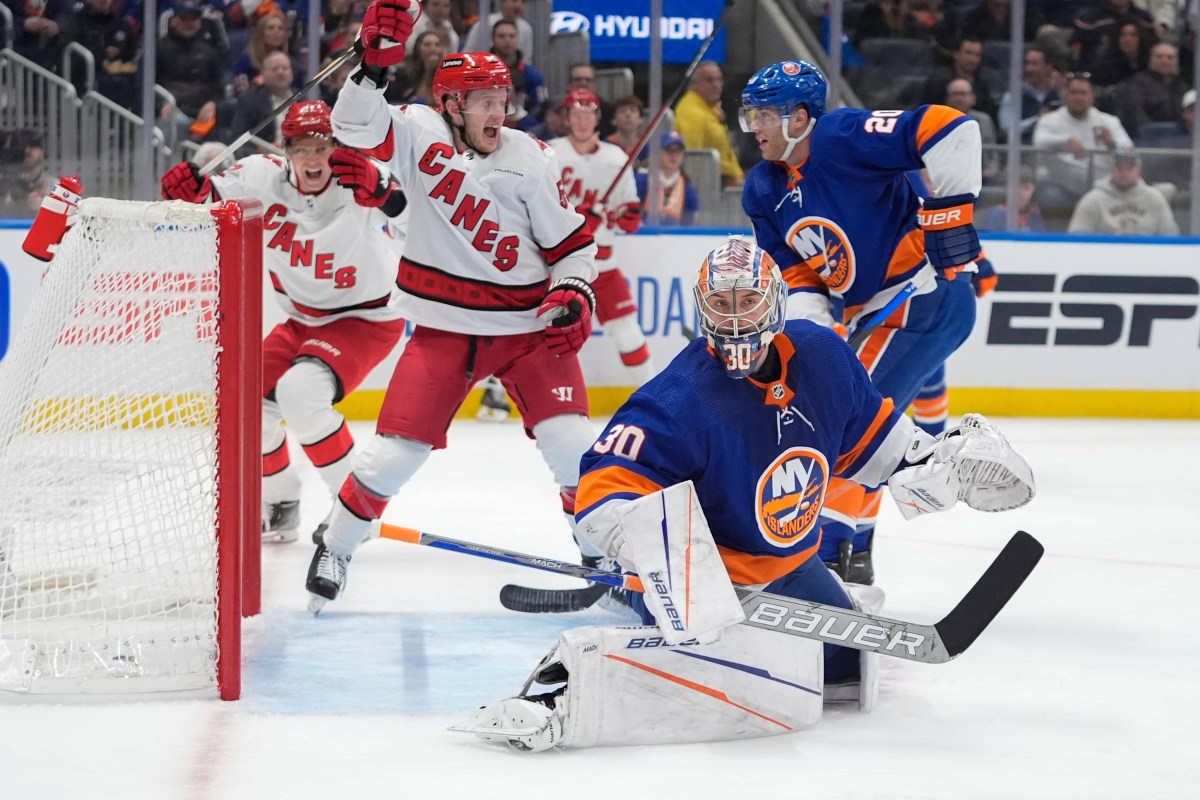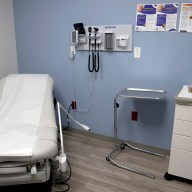NAZARETH, Israel – Pope Benedict greeted tens of thousands of adoring followers in Jesus’ childhood hometown with a message of reconciliation Thursday, urging Christians and Muslims to overcome recent strife and “reject the destructive power of hatred and prejudice.”
The Pope delivered his message on the fourth day of a Holy Land pilgrimage meant to promote peace and unity in the Middle East. Throughout the trip, however, he has been confronted with the region’s most sensitive issues, including the legacy of the Holocaust, the Palestinian plight under Israeli occupation and fragile interfaith ties.
At midafternoon Thursday, the Pope sat down for a highly anticipated meeting with Israeli Prime Minister Benjamin Netanyahu.
The meeting came a day after the Pope made an emotional appeal in the West Bank for the establishment of an independent Palestinian homeland – a concept the Israeli leader has refused to endorse. The men appeared to exchange pleasantries before reporters were ushered out of the room to allow them to speak privately.
Netanyahu later said he appealed to the Pope “to make his voice heard” and use his moral authority to condemn the harsh anti-Israel rhetoric voiced by Iran’s President Mahmoud Ahmadinejad.
“I think we found in him an attentive ear,” Netanyahu said.
The Vatican spokesman, Rev. Federico Lombardi, said the talks “centred on how the peace process can be advanced.”
Benedict has repeatedly called for the establishment of a Palestinian homeland during his current pilgrimage to the Holy Land. Netanyahu, leader of the conservative Likud Party, has pointedly refused to endorse the concept of Palestinian independence – a cornerstone of international policy for the region.
The choice of Nazareth – home to many key sites in Christianity – as the venue for the largest mass the Pope has celebrated during his visit was at least an indirect reflection of the interfaith strains he has tried to ease. The city, located in northern Israel’s Galilee region, is the country’s largest Arab city. Roughly two-thirds of its 65,000 people are Muslims and one-third are Christians. While the two communities tend to get along, they also have come into sporadic conflict.
Earlier this decade, Muslim activists outraged Christians when they built an unauthorized mosque next to the Basilica of the Annunciation, where Christians believe the Angel Gabriel foretold the birth of Jesus to Mary. Israel later tore down the mosque. Muslim activists also have periodically marched through the city in shows of strength meant to intimidate Christians.
In his homily, Benedict spoke of the tensions that have harmed interfaith relations.
“I urge people of goodwill in both communities to repair the damage that has been done, and in fidelity to our common belief in one God, the Father of the human family, to work to build bridges and find the way to a peaceful coexistence,” he said. “Let everyone reject the destructive power of hatred and prejudice, which kills men’s souls before it kills their bodies.”
The comments touched on some of the key themes the Pope has focused on during the trip, which a day earlier took him to the West Bank town of Bethlehem – Jesus’ traditional birthplace. From there, Benedict issued his ringing appeal for an independent Palestinian state.
Lombardi, the Vatican spokesman, said the Pope was “very happy” with the outcome of the trip and that “all the important meetings were very positive.” He said the main goal was “peace, peace, peace,” adding that he felt the Pope had listened to all sides, acting like a “bridge” between the various positions.
















